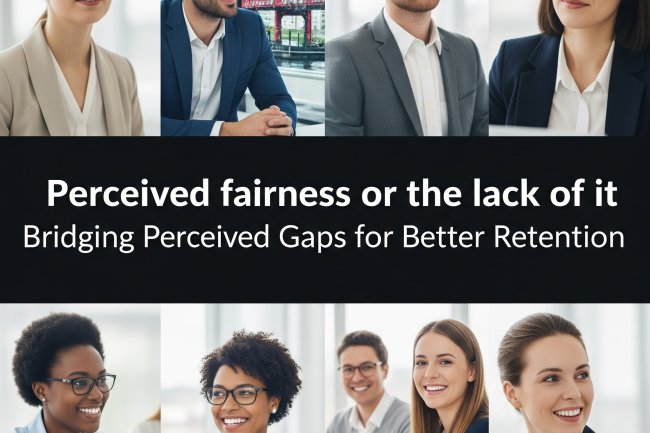The Rise of Happiness Managers: Reinventing HR for the Human Age Dr. Shilpa Shinde, Associate Professor.

In an era dominated by performance metrics and algorithm-driven hiring, a quiet yet powerful transformation is reshaping how organizations function. The role of the “Happiness Manager” is emerging as a strategic necessity, not just a feel-good trend. Once viewed as a quirky addition to HR departments, happiness managers are now pivotal in shaping the emotional and mental ecosystem of the modern workplace. This shift comes at a crucial time, when burnout, disengagement, and mental health struggles are being openly discussed, not just in closed-door meetings but across social platforms and boardrooms alike. Employees today aren’t simply looking for better salariesthey are seeking purpose, empathy, and environments that prioritize human connection.
The pandemic accelerated this cultural shift. Lockdowns blurred the lines between personal and professional life, and remote work revealed both the possibilities and psychological toll of isolation. In this context, happiness managers have stepped in as torchbearers of humane leadership. They are no longer mere event planners or coordinators of casual Fridays. Instead, they use data, behavioural insights, and emotional intelligence to craft experiences that nurture employee well-being, inclusion, and psychological safety. From conducting anonymous surveys to identify stress patterns, to facilitating mental health sessions and ensuring hybrid work policies are inclusive, their role spans beyond HR checklists. In India many companies are already integrating happiness strategies into their core operations, demonstrating that care and competitiveness can co-exist.
This evolution of HR goes beyond office walls. It has the potential to inspire change in schools, local governments, and public institutions. Imagine educational settings with dedicated well-being officers or civic systems that consider citizen happiness a core performance indicator. Countries like Bhutan have long promoted Gross National Happinesswhy can’t India embed similar well-being metrics in workplace policies or urban planning models? The rise of happiness managers isn't just a corporate innovation; it's a call to reimagine governance and community care with empathy at the centre. It reminds us that well-being isn't a side benefitit’s foundational to progress.
Yet, this transformation isn’t without challenges. How do we quantify happiness without commodifying it? Will this role be taken seriously, or will it be reduced to a token initiative in times of crisis? To make a real impact, happiness managers must be empowerednot just made accountable. They should have a seat at the strategy table, not just a desk in the HR wing. Leaders across sectors must be willing to do more than sponsor wellness programsthey must model emotional intelligence, inclusion, and transparent communication in their daily decisions.
As India navigates the demands of a young workforce and a hybrid future, the role of happiness managers should be viewed not as optional, but as essential. Forward-looking organizations must embrace this human-centred approach as a way to build sustainable, resilient, and ethical systems. It’s time our laws, educational frameworks, and corporate policies caught up with this emerging need. Whether it’s incorporating emotional intelligence training in business schools or mandating mental health audits in labour codes, the future of work depends on how seriously we value happiness as a metric of success.
Ultimately, the rise of happiness managers compels us to ask deeper questions: Are we designing institutions that people want to be a part ofor merely ones that demand compliance? Is our growth truly inclusive if it ignores mental health and emotional well-being? This is not just about HR practicesit is a societal shift that calls for collective reflection and courageous action. Let this conversation grow. Let it challenge outdated norms. Because happiness at work should not be a privilege for the fewit must be a shared priority for all.
What's Your Reaction?




















